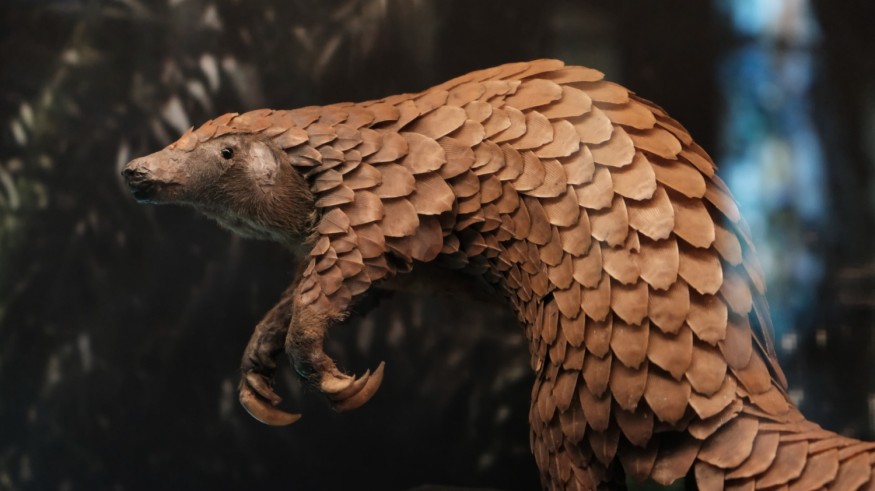196 sacks of pangolin scales were confiscated after the authorities of the Nigeria Customs Service busted smugglers, trying to ship out 7.1 tons of pangolin scales out of the country.
The pangolin trafficking represents about 15,000 dead pangolins, along with 840 kilograms of elephant ivory which represents over 80 dead elephants.
Custom officials said the raid happened last month in Lagos and the seizure was considered as the ninth largest of pangolin scales since March 2019 according to Wildlife Justice Commission, and Nigeria's third largest during that time span. A Netherlands-based NGO provided intelligence to the customs service.
Three foreign nationals were arrested in association with the bust.
Illegal Trade of Pangolin Scales

Pangolins are among the increasingly victims of illegal wildlife crime, mainly in Asia and in growing amounts in Africa, for their meat and scales. In fact, these Asian species are listed as Critically Endangered in the International Union for Conservation of Nature Red List, with declining population in Asia. Smuggling networks who once sought after elephant ivories are increasingly turning to pangolins.
Vast quantities of them are being smuggled from Africa to America, despite international trade ban in all eight species of Asian and African pangolins that went into effect in 2017.
"The contraband was slated for export to meet international demand for the wildlife products," said Joseph Attah, the public relations officer for Nigeria's Customs Service.
"The demand is not in Nigeria, the source is not in Nigeria and those involved, most of them are not even Nigerians," Attah added. "Nigeria as a nation is only being used as a transit route. To that extent Nigeria is collaborating with international partners to ensure that never again shall we be used as a transit hub."
Most Trafficked Mammal in the World
The cat-size scaly creatures, also known as scaly anteaters, are amongst the world's most trafficked mammal due to demand for their scales and claws in Traditional Chinese Medicine. A report confirms that their illegal trade is not only growing, but 'organized international criminal networks that previously dealt predominantly with African elephant ivory'.
"The level at which pangolins are being trafficked is huge compared to what it has been in the past," says Sarah Stoner, director of intelligence at the Wildlife Justice Commission, an international foundation that aims to disrupt and help dismantle the illegal wildlife trade, and lead author of the report. "It's on a completely different level."
In hopes to sustain biodiversity conservation despite global wildlife trade among billions of species, an international agreement between governments called the Convention on International Trade in Endangered Species (CITES) ensures that international trade in specimens of wild animals and plants does not threaten their survival.
A 2016 study reported that a trade in pangolin species is globally widespread with a total of 1485 trade incidents reported to CITES and an estimated 809,723 whole pangolins between 1977 and 2014, and "radiated substantially over time."
© 2025 NatureWorldNews.com All rights reserved. Do not reproduce without permission.





